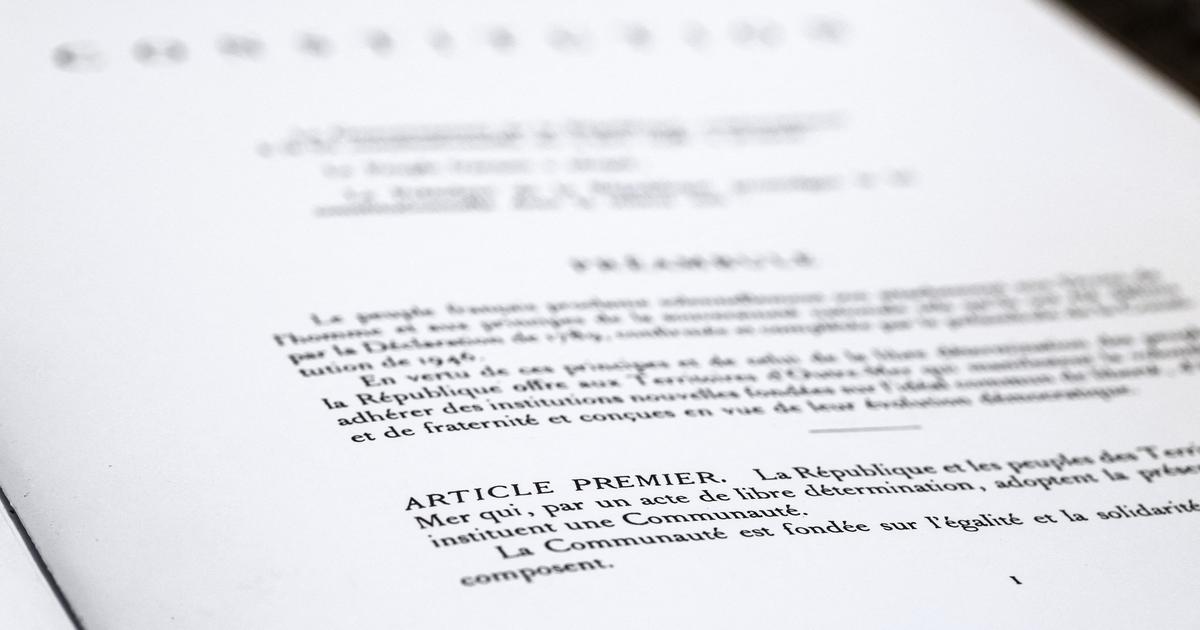Icon: enlarge
Plenary hall in Brandenburg
Photo: Christoph Soeder / dpa
Too few women sit in parliaments - many in politics agree on this.
However, the question of how best to change this is highly controversial.
One approach: by law, parties should be forced to alternate between men and women on their lists of candidates for state elections.
The state constitutional court there had already conceded a corresponding regulation in Thuringia in July.
Now the legal decision is pending in Brandenburg - the first federal state to have passed a so-called parity law.
The judgment of the state constitutional court in Potsdam is expected on this Friday morning.
AfD and NPD had sued against the regulation.
They consider the requirement to be unconstitutional.
The reservations in the right-wing camp are not surprising.
Only a fraction of AfD members are women.
Serious interference with freedom of choice?
But there are also serious concerns about the law.
Critics consider it, among other things, an unacceptable interference with democratic freedom of choice - after all, parties can no longer decide on their lists on their own initiative.
Proponents, in turn, hope for a decisive step towards greater gender equality.
The Brandenburg parity law goes back to the time of the red-red state government, which was in office until autumn 2019.
The SPD and the Left decided it was back then with the support of the Greens.
From 2020, the electoral lists must therefore be filled equally.
People who do not assign themselves to either gender can choose whether they want to compete in a male or a female position on the list.
The Thuringian constitutional court had rejected the parity law there in July.
Essentially, the judges argued that the law interfered with the right to freedom and equality of choice, as well as the right of political parties to freedom of activity, freedom of programs and equal opportunities.
Icon: The mirror
kev / dpa














